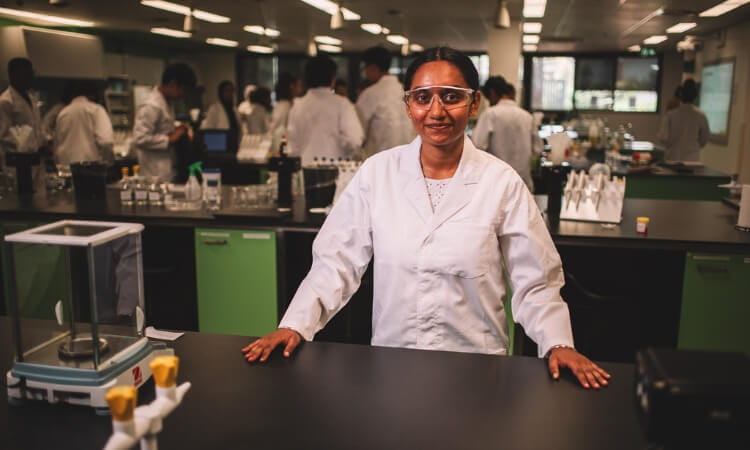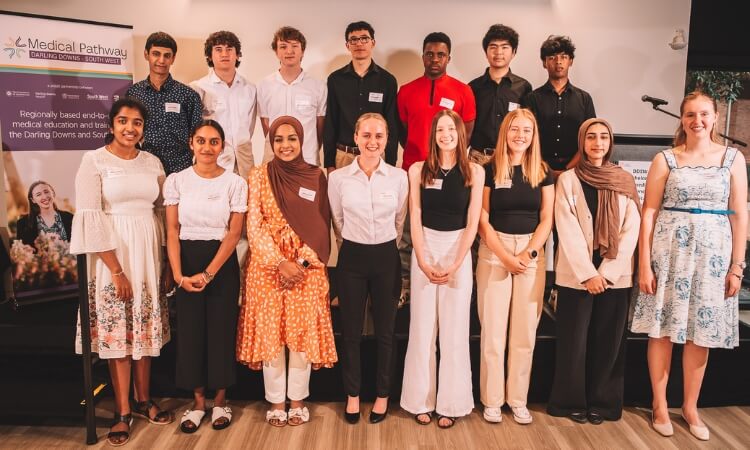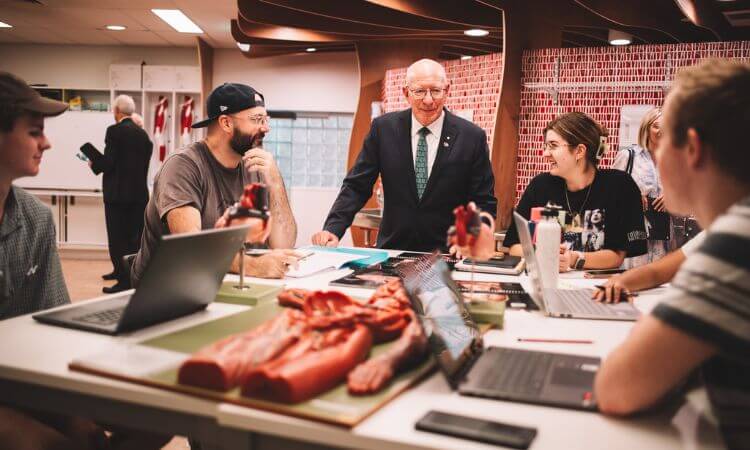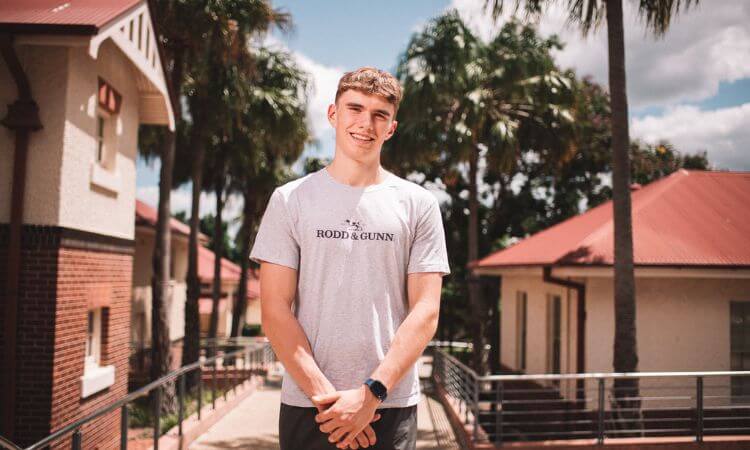Meet Rashmi Chandran.
She's recently commenced the Bachelor of Biomedical Sciences (Medicine Pathway) program at the University of Southern Queensland.
Q: Have you always been interested in studying medicine?
It’s hard to exactly pinpoint the moment I knew I wanted to do medicine, but I’ve always recognised the value and importance of learning not to just benefit yourself, but to put that knowledge into something that benefits everyone. A few years ago, I finally decided that I wanted a job that would fuse hands-on practicality and a strong theoretical background. Looking around at the many different healthcare professions, I decided that medicine would be a good fit for me. I could always see how great doctors drastically improved the general ambience of a town by being somebody that anyone could go to for support. Rural health, in my opinion, has definitely been overlooked. It is really important that we make sure that everyone has access to high quality healthcare no matter what part of the country they live in. Addressing these disparities is one of my primary motivations to pursuing a career in rural/regional Medicine.
Q: Do you have plans to work in rural and regional communities?
Yes, at this point in time, I do plan to work in a regional environment after graduation. There are loads of interesting opportunities in rural areas that are definitely worth coming back to contribute to. I also enjoy the quieter lifestyle that these areas promote, so I think rural/regional medicine would suit my overall tastes.
Q: What was your pathway into medicine like?
My pathway to medicine was, quite simply, a lot of hardcore studying throughout year 11 and year 12. At times it truly felt like I had no clue what I was doing in terms of preparing for the UCAT, interviews and my ATAR, especially seeing that there weren’t really any other people that I knew of also doing this. But while all of this was happening, I also saw a medical centre shut down simply because there were not enough doctors who wanted to work in Warwick. And I think that was my message to keep going because if other people didn’t want to do it then I guess I would.
Q: Why is regional medicine important?
Regional medicine offers you the opportunity to use your profession as a platform to inform a wider community on issues that need to be solved. In order to make sure that healthcare services remain accessible for everyone, it is important that the interests of the most vulnerable groups in society are secured. Considering that most of Australia’s value comes from mining and agriculture, we first need to fully understand the contribution that people from rural areas provide, so that we can choose to prioritise their health and happiness. I don’t think we should be viewing rural health from a charity perspective, instead we should see it as investing in the people whose literal backbones are holding up the backbone of the country.
Q: What is the best part of studying in the regions?
The most exciting part of studying regionally is that your cohort is far smaller than a typical medical school. This allows you to get to know your professors really well and you become really close with the other students as well. What medical school you go to doesn’t really matter at the end of the day, all that does matter is that you set up a really good clinical foundation for yourself while you’re studying.



